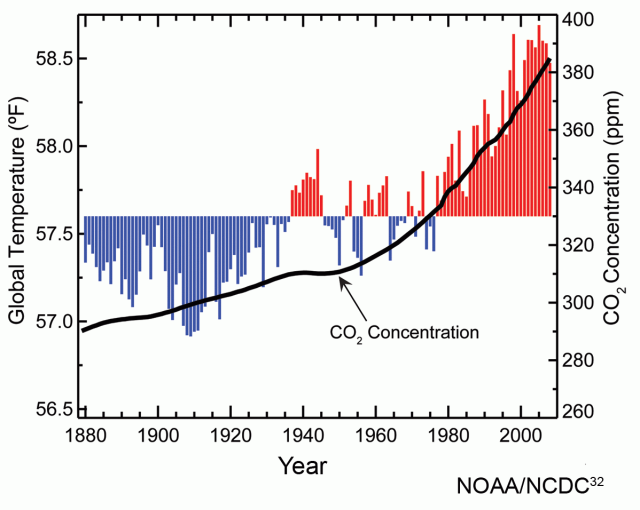By Ana Alexandrescu
There is no secret to anyone that the environment is increasingly gaining centre stage in the world’s security issues. As the Global Risk Report shows, four of the top five risks with the biggest impact in the near future are environmental issues. This sounds alarming but not hard to believe given the events we witnessed over the course of last year or the predictions that environmental agencies make for the future.
The World Economic Forum’s Annual Meeting took place last month in Davos and environmental concerns were not absent. The agenda spanned from the protection of elephants and clean energy transition to the reinventing of waste as a resource and geospatial technology’s impact on our planet. Here are some of the most important things to be taken away from the event:
The Indian Prime Minister Narendra Modi addressed the Global Risks Report, enforcing the idea that climate change is the biggest threat to civilization and calling to action; the feeling that previous leaders have failed and that the next three years are a time for decision makers to redeem themselves were a young climate campaigner’s message; French president Emmanuel Macron declared that coal-fired power stations in France will be shut down in the next few years and climate change will be one of his pillars for economic reform. Other participants from different groups announced the actions they would take to combat climate change, including insurance companies divesting from coal projects.
On a similar but more local note with regard to divesting, if you live in Cardiff or the surrounding area you might be aware there is a campaign aimed at making Cardiff University divest from fossil fuel companies as currently some of its endowment fund is invested in these. Many students and student led societies have been vocal in supporting this campaign and last March saw the University’s final decision on the matter. It is hoped to see a shift towards renewable energy sources and an accelerated fight against climate change and environmental degradation.
Going back to Davos and environmental friendly memorable moments, the American delegation argued that Donald Trump is an “only man in this parade” against action on climate change and that 40% of the US economy, represented by 15 member states of the US Climate Alliance, continues to be committed to the Paris agreement. Regarding the oceans, The Friends of Ocean Action partnership was launched, a global action reuniting experts and leaders working towards the protection of oceans in order to meet the Sustainable Development Goal 14 on oceans.
Overall, there is a universal feeling that we are at a critical point in addressing and solving environmental challenges and time is quite pressing. This year more than ever sees hope lying with the leaders and their decisions and further steps.



